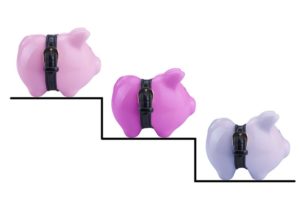HMRC expects that taxpayers take ‘reasonable care’ over their tax affairs and do everything reasonably within their power to ensure that tax returns and other relevant documents are accurate.
There is no legal definition of reasonable care from a taxation standpoint and HMRC will take your individual circumstances into account when considering whether you’ve taken reasonable care. HMRC generally accepts that ‘reasonable care’ cannot be identified without consideration of a particular person’s abilities and circumstances.
For example, HMRC would not generally expect the same level of knowledge or expertise from a self-employed unrepresented individual as they do from a large multinational company. There are special rules that apply when considering what is reasonable care for inaccuracies relating to avoidance arrangements occurring on or after 16 November 2017.
There are penalties for inaccuracies made across all taxes. The penalties can range from 0% where a taxpayer has been found to have taken reasonable care but nonetheless an incorrect return is submitted, up to 100% of the tax where an error is deliberate, and the taxpayer attempts to conceal it.
Planning note
HMRC has the power to significantly reduce the amount of penalties due. The largest reductions are for unprompted disclosures (as against prompted disclosures). The penalties also vary depending on the taxpayers’ behaviour. HMRC has 4 levels of behaviour ranging from taking reasonable care in dealing with errors to careless, deliberate or deliberate and concealed behaviour patterns.
If you are concerned that you may have a reasonable excuse defense and are unsure how to appeal decisions made by HMRC, please call for advice.







